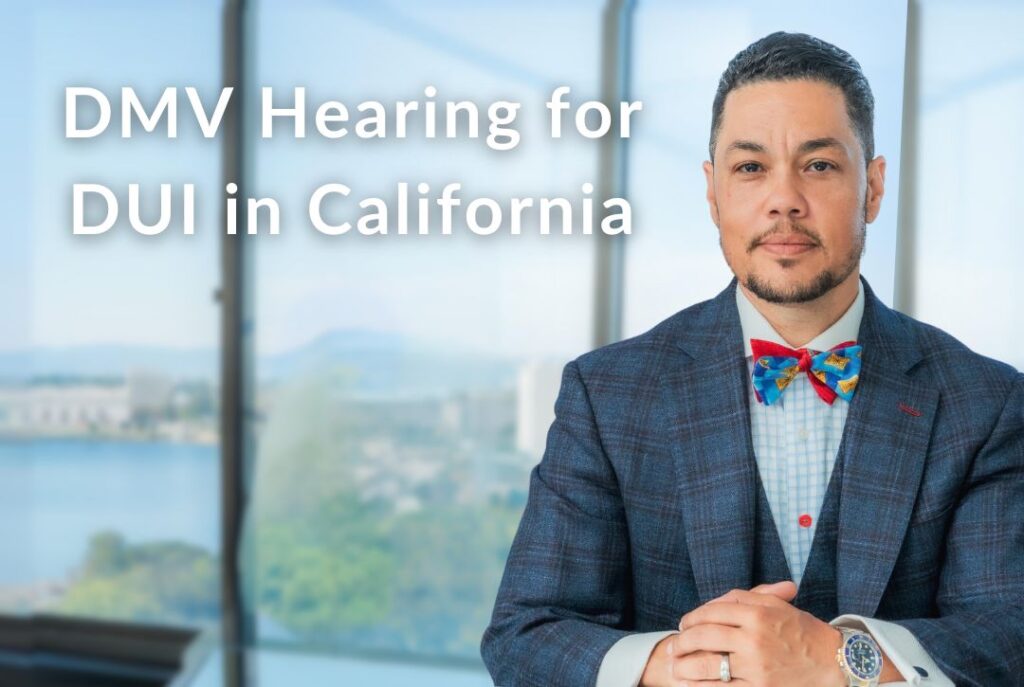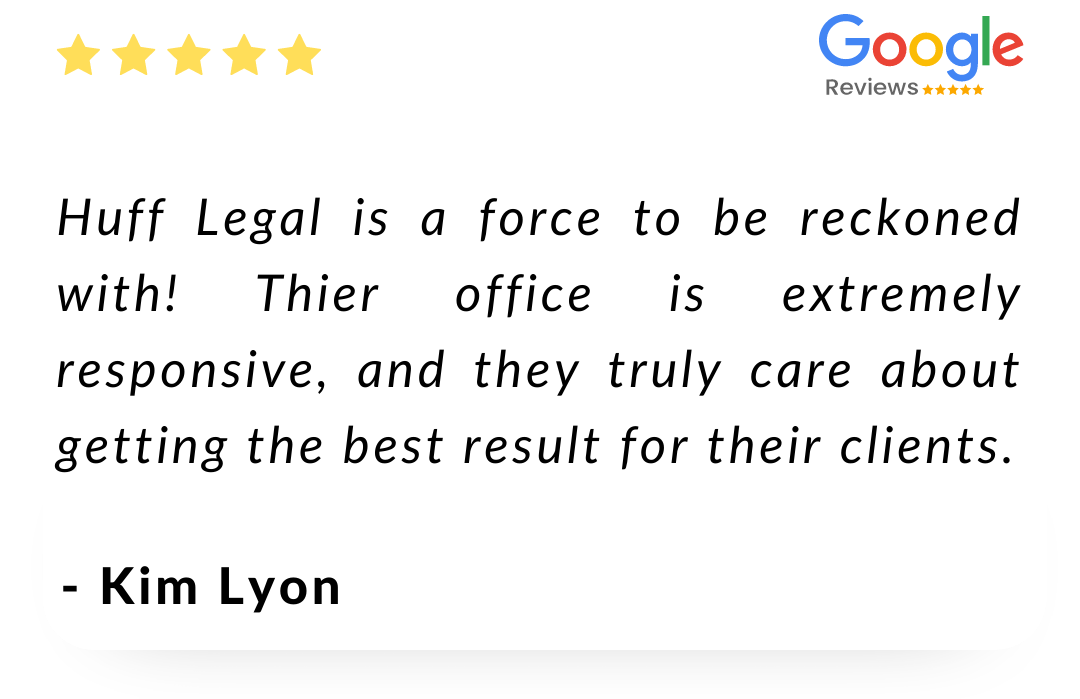California Penal Code PC 273a : Child Endangerment
California Penal Code 273a PC: Child Endangerment
According to California Penal Code [CPC] §273a(a) – Child Endangerment – Penal Code Section 273a(a) makes it illegal to permit any child to suffer unjustifiable pain or mental suffering under circumstances likely to produce great bodily harm or death. The statute applies whether or not you have custody of the child.
It addresses the serious issue of child endangerment, making it illegal to willfully expose a child to unjustifiable pain, suffering, or danger. The law applies to anyone responsible for a child’s care, whether you’re a parent, guardian, or caregiver.
If you’re facing charges under PC 273a, you’re likely feeling overwhelmed and concerned about the potential consequences, which can range from misdemeanor to felony penalties. Understanding the nuances of this law is crucial for protecting your rights and building a strong defense.
In this article, we’ll discuss the key elements of PC 273a, explore potential legal strategies, and provide guidance on navigating this challenging situation.
What is Child Endangerment Under PC 273a?
Child endangerment under California Penal Code 273a is a serious offense that involves willfully exposing a child to unjustifiable pain, suffering, or danger. This law protects children from situations that could harm their physical or mental well-being. If you’re facing charges under PC 273a, it’s crucial to understand the specifics of this law and its potential consequences.
Elements of the Crime
To convict you of child endangerment, the prosecutor must prove several key elements beyond a reasonable doubt:
- Willful Action: You must have intentionally done one of the following:
- Inflicted unjustifiable physical pain or mental suffering on a child
- Caused or allowed a child to suffer unjustifiable pain or suffering
- While having care or custody of a child caused or allowed the child’s health to be injured
- While responsible for a child, placed them in a dangerous situation
- Criminal Negligence: Your actions must have been criminally negligent (more on this below)
- Not Reasonable Discipline: If you’re the child’s parent, your actions must not have been part of reasonable discipline
It’s important to note that the child doesn’t need to have actually been harmed for you to be charged with this offense. The potential for harm is enough.
Request a Free Consultation
Criminal Negligence in Child Endangerment
Criminal negligence is a key component of child endangerment charges. It’s more than just carelessness or a momentary lapse in judgment. To be considered criminally negligent, your actions must show:
- A reckless disregard for human life
- A gross departure from what a reasonable person would do in the same situation
For example, leaving a toddler alone in a bathtub for an extended period might be considered criminally negligent, as a reasonable person would recognize the inherent danger in this situation.
273a(a) PC vs. 273a(b) PC: Understanding the Differences
PC 273a is divided into two subsections, and understanding the difference is crucial:
- 273a(a) PC: This is the more serious charge. It applies when your actions were likely to produce great bodily harm or death to the child. This is a “wobbler” offense, meaning it can be charged as either a misdemeanor or a felony, depending on the circumstances.
- 273a(b) PC: This subsection applies to situations where there was a risk of harm, but not necessarily great bodily injury or death. This is always charged as a misdemeanor.
The key difference lies in the potential severity of harm to the child. 273a(a) deals with situations that could lead to severe injury or death, while 273a(b) covers less severe but still dangerous situations.
Penalties for Child Endangerment (PC 273a)
If you’re facing charges under California Penal Code 273a for child endangerment, it’s crucial to understand the potential penalties. Depending on how the offense is charged and the specific circumstances of your case, the consequences can be severe and life-changing.
Misdemeanor Penalties
When charged as a misdemeanor, child endangerment is treated less severely but can still have significant impacts on your life. If convicted of misdemeanor child endangerment, you may face:
- Up to one year in county jail
- A fine of up to $1,000
- Probation
- Mandatory parenting classes
- Protective orders preventing contact with the child
Felony Penalties
Felony child endangerment charges carry much harsher penalties. If convicted of felony child endangerment under PC 273a, you could be looking at:
- Two, four, or six years in state prison
- A fine of up to $10,000
- Formal probation
- Loss of custody or visitation rights
- Mandatory counseling or parenting classes
It’s important to note that a felony conviction can have long-lasting consequences beyond the immediate legal penalties, including difficulties finding employment, housing, and loss of certain civil rights.
Great Bodily Injury Enhancement
In cases where the child suffers great bodily injury, you may face additional penalties. This enhancement can add:
- An additional three to six years to your prison sentence
- This enhancement applies only to felony convictions
273a(b) PC: Willful Cruelty to Child
PC 273a(b) is a separate but related charge that deals with situations where the risk to the child is less severe. This is always charged as a misdemeanor and carries penalties of:
- Up to one year in county jail
- A fine of up to $1,000
- Probation and mandatory parenting classes
Legal Penalties for Accessory to Murder
If you’re facing child endangerment charges, it’s crucial to understand that there are several potential defenses available. An experienced attorney can help you determine the best strategy for your specific case.
Act Was Not Willful or Did Not Amount to Criminal Negligence
One of the key elements of child endangerment is that your actions were either willful or criminally negligent. You may have a strong defense if your attorney can demonstrate that your actions were neither. For example:
- The incident was a genuine accident
- You were unaware of the potential danger to the child
- Your actions, while perhaps careless, did not rise to the level of criminal negligence
Reasonable Discipline of a Child
Parents have the right to discipline their children within reason. If the alleged Endangerment occurred during reasonable disciplinary action, this could serve as a defense. However, it’s important to note that this defense has limits – any discipline that causes injury or puts the child at risk of serious harm would not be considered reasonable.
False Accusations
Unfortunately, false accusations of child endangerment are not uncommon, especially in contentious custody battles or family disputes. If you’ve been falsely accused, your attorney may be able to:
- Challenge the credibility of the accuser
- Present evidence that contradicts the accusation
- Demonstrate a motive for the false accusation
Remember, being accused of child endangerment doesn’t mean you’re guilty. With the right legal representation and defense strategy, you can fight these charges and protect your rights and your future.

As Seen On












Related Crimes
When dealing with child endangerment cases, it’s important to understand that several related offenses may be charged instead of or in addition to Penal Code 273a. These related crimes often share similar elements but have distinct differences in how they’re prosecuted and penalized.
PC 273d - Child Abuse
California Penal Code 273d, also known as the child abuse law, is a serious offense that specifically targets physical abuse directed at minors. This law is designed to protect children from cruel or inhumane corporal punishment.
Key points about PC 273d:
- It’s a “wobbler” offense, meaning it can be charged as either a misdemeanor or a felony
- Misdemeanor penalties can include up to 1 year in county jail and/or fines up to $6,000
- Felony convictions can result in 2, 4, or 6 years in state prison and/or fines up to $6,000
The main difference between PC 273d and child endangerment is that PC 273d requires actual physical abuse, while child endangerment can be charged for putting a child at risk, even if no physical harm occurs.
PC 270 - Failure to Provide Care (Child Neglect)
Penal Code 270, often referred to as child neglect, is a less severe but still serious offense. This law addresses situations where a parent or guardian fails to provide necessary physical care for their child.
Important aspects of PC 270:
- It’s typically charged as a misdemeanor
- Penalties can include up to 1 year in jail and/or fines up to $2,000
- You’re not guilty if you can’t afford necessities through no fault of your own
- Repeat offenses may be charged as a wobbler (misdemeanor or felony)
The key distinction between PC 270 and child endangerment is that PC 270 focuses on failure to provide basic necessities, while child endangerment involves putting a child in dangerous situations.
Related Crimes
A conviction under Penal Code 273a can have far-reaching consequences that extend beyond criminal penalties. Understanding these potential impacts on various aspects of life is crucial.
Immigration Consequences
For non-citizens, a child endangerment conviction can have severe immigration consequences:
- It may be considered a crime involving moral turpitude
- In some cases, it could be classified as an aggravated felony
- Either classification could lead to deportation, even for legal permanent residents
If you’re not a U.S. citizen and are facing child endangerment charges, it’s critical to consult with an attorney who understands both criminal and immigration law. They may be able to help you avoid deportation by:
- Seeking dismissal of the charges
- Negotiating a plea to a non-deportable offense
- Exploring other legal strategies to protect your immigration status
Impact on Child Custody
A child endangerment conviction can significantly affect your child custody rights:
- Family courts take these convictions very seriously when determining custody arrangements
- You may lose custody or have your visitation rights severely restricted
- Supervised visitation might be required
- Regaining custody rights after a conviction can be a long and challenging process
Even if you’re not convicted but are charged with child endangerment, the mere allegation can impact custody proceedings. Courts prioritize the child’s safety and well-being, so any suggestion of Endangerment will be carefully considered.
Child Endangerment Laws in California: An Overview
California takes child endangerment very seriously, with laws designed to protect children from harm and neglect. Penal Code 273a PC is the primary statute addressing child endangerment in the state. Here’s what you need to know:
What Constitutes Child Endangerment
Child endangerment occurs when someone willfully exposes a child to unjustifiable pain, suffering, or danger. This can include:
- Physical abuse
- Emotional abuse
- Neglect
- Exposing a child to dangerous situations
It’s important to note that actual harm doesn’t need to occur before charges can be filed. The mere act of putting a child in a potentially dangerous situation can be enough.
Misdemeanor vs. Felony Charges
Child endangerment can be charged as either a misdemeanor or a felony, depending on the circumstances:
- Misdemeanor: When the risk of harm is less severe
- Felony: When there’s a risk of great bodily harm or death
Penalties for Child Endangerment
The consequences of a child endangerment conviction can be severe:
- Misdemeanor: Up to 1 year in county jail and fines up to $1,000
- Felony: 2, 4, or 6 years in state prison and fines up to $10,000
Additional penalties may include mandatory parenting classes, loss of custody rights, and a protective order.
What Clients Say About Us





Schedule Your Free Consultation Today
Get Expert Legal Help from Huff Legal
Child endangerment charges are serious and can have long-lasting consequences on your life and relationships. Understanding California’s laws is the first step in protecting your rights and your family.
If you’re facing child endangerment charges under California Penal Code 273a PC, don’t face them alone. At Huff Legal, we understand the complexities of these cases and the emotional toll they can take.
Don’t let a misunderstanding or false accusation jeopardize your future. Contact Huff Legal today for a confidential consultation, and let us help you navigate this challenging situation.
FAQ
How long do you go to jail for 273a?
For misdemeanor child endangerment under PC 273a, you can face up to one year in county jail. If charged as a felony, you could face 2, 4, or 6 years in state prison. Additional enhancements may apply if great bodily injury occurs.
What is the statute of limitations on child endangerment in California?
For misdemeanor child endangerment, the statute of limitations is one year. For felony child endangerment, it’s generally three years from the date of the offense. However, in some cases involving minors, the statute may be extended.
What is considered neglect of a child in California?
Child neglect in California includes failure to provide adequate food, clothing, shelter, medical care, or supervision. It can also involve leaving a child in a dangerous situation or with an inappropriate caregiver. Neglect doesn’t require intent but can result from a parent’s inability or failure to provide proper care.
Is 273d a felony?
Penal Code 273d (child abuse) is a “wobbler” offense in California. This means it can be charged as either a misdemeanor or a felony, depending on the circumstances of the case and the defendant’s criminal history.
Which choice is a common indication of child neglect?
Common indications of child neglect include poor hygiene, malnutrition, lack of medical care, and inadequate supervision. Other signs may include frequent absences from school, inappropriate clothing for weather conditions, and a child taking on adult responsibilities at a young age.
LET HUFF HELP YOU
As a former police officer and patrol supervisor and his time spent as a United States District Court Judicial Law Clerk to the Chief Judge, Attorney Huff knows how to navigate all levels of the complex criminal law system. We also have more than 55 years of combined experience dealing with various complex criminal legal matters and have helped just over 1,500 clients over the past few years.
Why Huff Is Your Best Option For Criminal Defense
55+ Years of Combined Experience
At Huff Legal, we have more than 55 years of combined experience dealing with complex criminal legal matters, which can oftentimes be quite challenging. In order to get the outcome you deserve, you need a team of experienced attorneys on your side, who can help you navigate the legal system, so you can move past this situation and focus on the life ahead of you!
5 Star Rating on Google
We have a proven track record of success and are dedicated to our clients’ best interests. If you’re looking for a law firm that will always have your back, look no further than Huff Legal. Just have a look at some of our amazing client reviews over here!
1,500+ Happy Clients
Over the years, we’ve had the privilege of helping over 1,500 clients with their legal needs. When you work with us, you can be confident that you’re getting the best possible legal representation. We’re proud of our track record and our reputation for being a firm that delivers great results.
What Our Clients Say About Us


Sheila


Abel Resendiz


Manuela Frazier


Doris
Contact Huff Today
Request A Free Consultation
* Free consultations only available for Criminal Defense


In legal terms, an accessory to murder refers to an individual who aids, abets, or otherwise assists in committing a murder. While the specifics may vary across jurisdictions, California law treats accessories to murder as active participants in the crime, holding them accountable for their actions. In San Francisco Bay Area, there are two primary types of accessories to murder:
In the event that you find yourself in the Bay Area facing accessory to murder charges, you should first call a criminal defense attorney who can help you defend your rights and lessen the effects of the investigation. Contact an attorney at Huff Legal as soon as possible following your arrest. An accomplished attorney from Huff Legal will thoroughly examine your case, who will then develop a strategy and build a defense.
